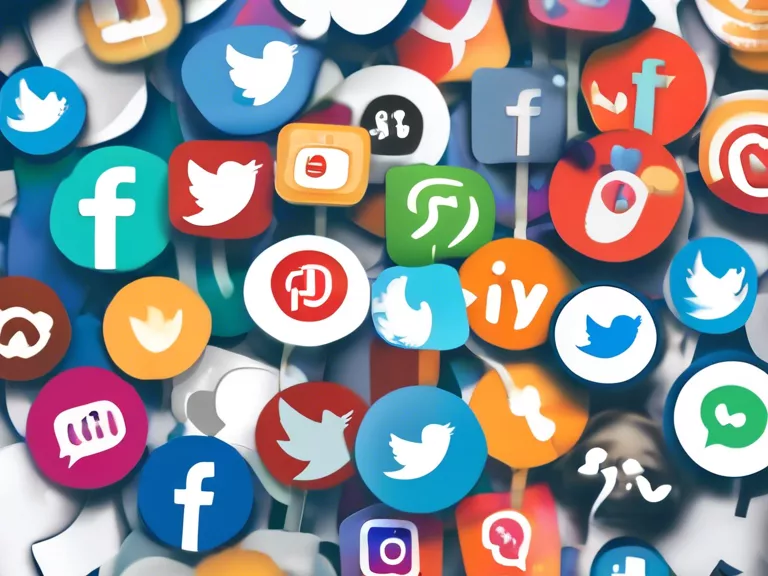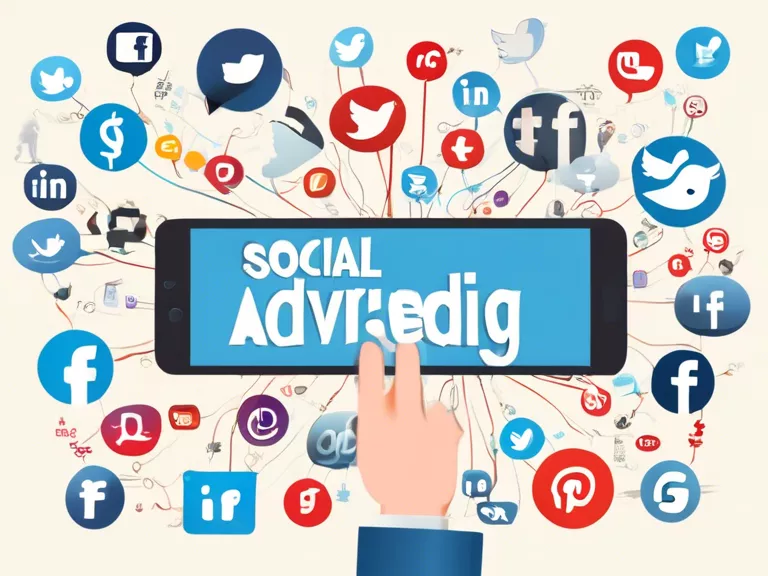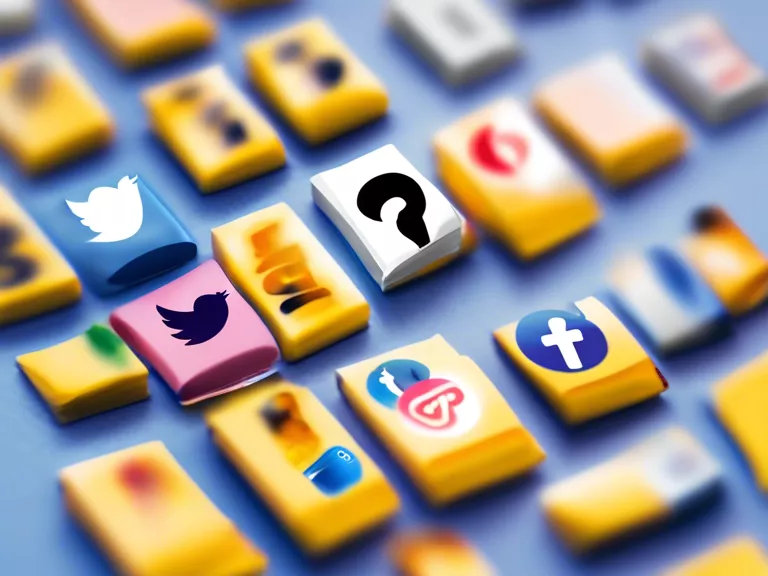
Social media has become an integral part of our daily lives, allowing us to connect with friends and family, share experiences, and stay informed. However, the impact of social media on our mental health and well-being is a topic of growing concern. In this article, we will explore the effects of social media on mental health and provide tips for maintaining a healthy balance in the digital age.
One of the most significant ways in which social media can impact mental health is through comparison. Platforms like Instagram and Facebook often portray an idealized version of reality, leading users to compare themselves to others and feel inadequate. This can contribute to feelings of low self-esteem, anxiety, and depression. It's essential to remember that social media is a highlight reel and not an accurate reflection of people's lives.
Another way in which social media can impact mental health is through cyberbullying. The anonymity of the internet can embolden individuals to engage in hurtful behavior, leading to increased stress and feelings of isolation among victims. It's crucial to report any instances of cyberbullying and seek support from trusted friends, family members, or mental health professionals.
The constant barrage of information on social media can also contribute to feelings of overwhelm and burnout. This phenomenon, known as "doomscrolling," can negatively impact sleep patterns, productivity, and overall well-being. Setting boundaries around social media use, such as limiting screen time before bed or taking regular breaks, can help mitigate these effects.
Despite these challenges, social media can also have positive impacts on mental health. Connecting with like-minded individuals, accessing valuable resources and support groups, and raising awareness about important issues are just a few of the benefits of social media. By being mindful of our usage and cultivating a healthy relationship with social media, we can harness its potential for good while protecting our mental health.



